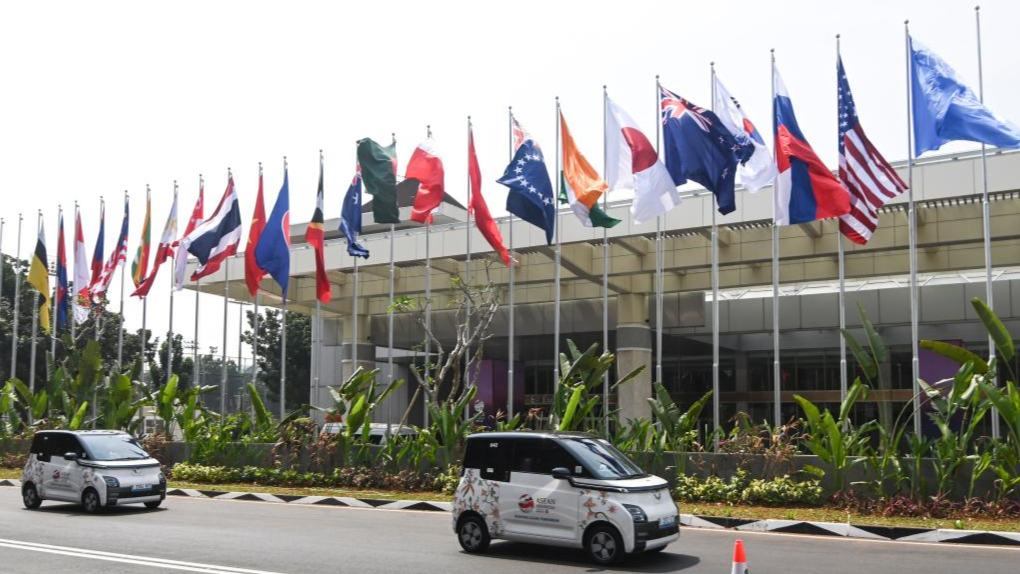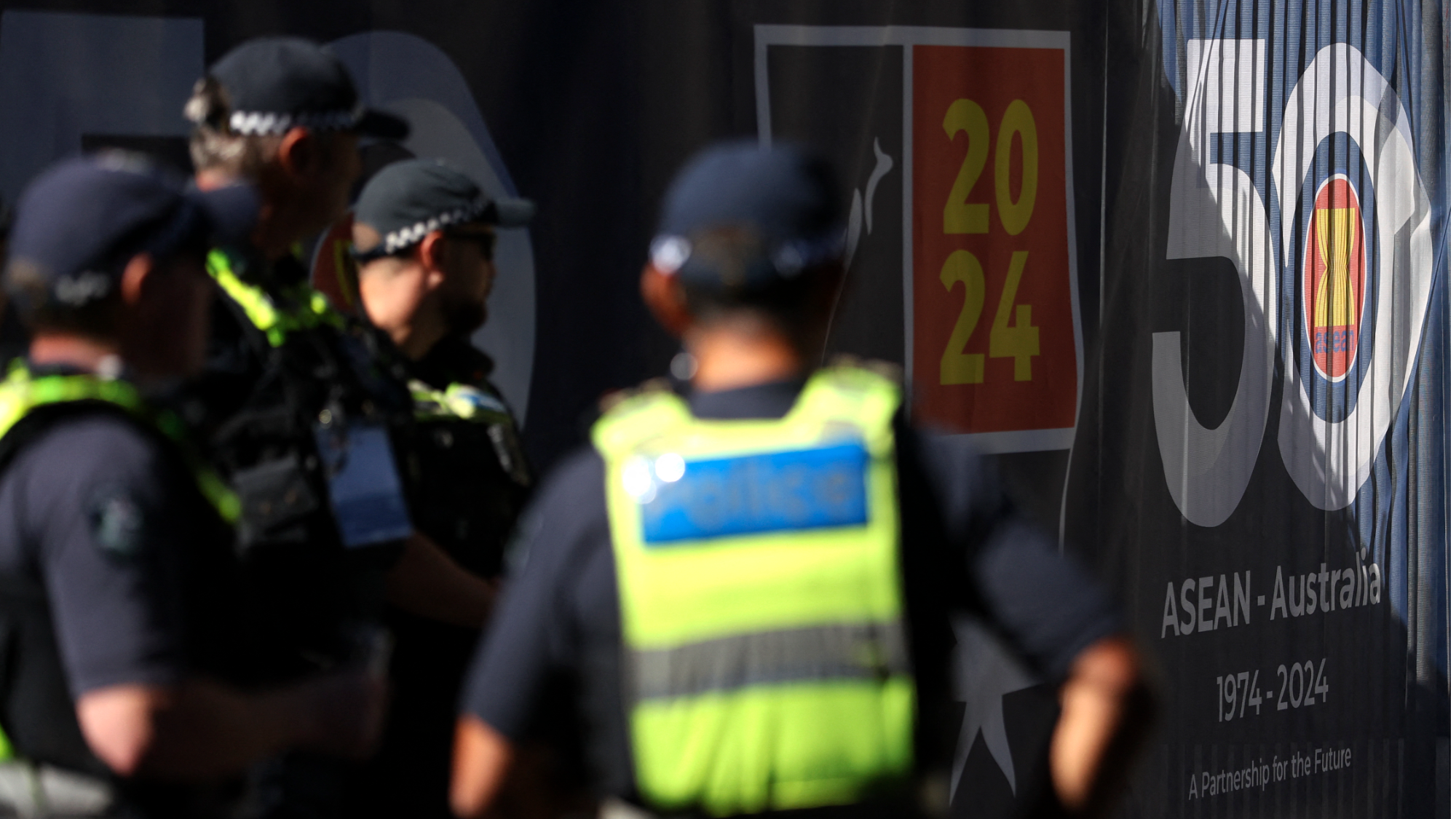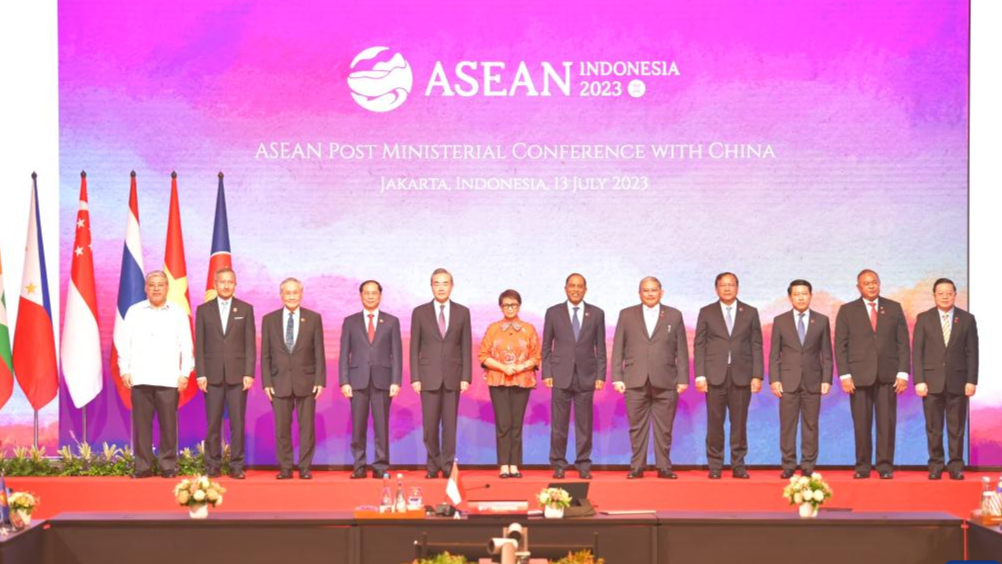
The Association of South East Asian Nations, or ASEAN, has achieved much in its 57 years and can be more proactive in dealing with new challenges, a virtual forum heard.
The July 16 forum speakers said that the 10-member bloc has accumulated enough experience to push forward its own mature mechanisms — including ASEAN Plus One, ASEAN Plus Three, East Asia Summit, and ASEAN Regional Forum.
ASEAN comprises Brunei Darussalam, Cambodia, Indonesia, Laos, Malaysia, Myanmar, the Philippines, Singapore, Thailand, and Vietnam. Timor Leste has observer status and has received approval in principle to become a full member.
“I feel right now there is a desire to stay together,” said Ong Keng Yong, the executive deputy chairman of S. Rajaratnam School of International Studies in Singapore.
ALSO READ: S. China Sea disputes: ASEAN officials say dialogue should prevail
Ong, a former ASEAN secretary-general, noted that many scholars and media commentators have praised ASEAN for what it has achieved so far.
“We must continue with what we are doing and bring about a more concrete understanding of multilateralism and the benefits of multilateralism.”
The July 16 forum — themed “Addressing Geopolitical Challenges in the Region and Beyond through ASEAN-led Mechanisms” — was held by the Foreign Policy Community of Indonesia and Tokyo’s National Graduate Institute for Policy Studies (GRIPS) Alliance.

Organizers said they held the forum to discuss criticism of ASEAN mechanisms and how they had been underutilized.
Besides Ong, the three other speakers were former ASEAN Political Security Community (APSC) deputy secretary general Robert Matheus Michael Tene, Professor Emeritus at Aoyama Gakuin University in Japan Tsutomu Kikuchi, and Senior Fellow at GRIPS Masato Watanabe.
ALSO READ: M’sia PM rejects external interference on South China Sea
ASEAN was signed into existence on Aug 8, 1967, by Indonesia, Malaysia, Thailand, Singapore, and the Philippines in Bangkok before its expansion.
The ASEAN Declaration spelled out as its aim “cooperation in the economic, social, cultural, technical, educational and other fields, and in the promotion of regional peace and stability through abiding respect for justice and the rule of law and adherence to the principles of the United Nations Charter.”
While noting that ASEAN was continuing efforts to bring more concrete results to the region’s population, Ong said the organization still has to continue its hard work to deal with challenges, many of which originate outside the region.
Ong also noted the challenge of election cycles in ASEAN member states, which see a new president, prime minister, and ministers restarting discussions and lobbying over again. He cited the effects of ASEAN efforts like dialogue and planning, as well as negotiations among all 10 members on specific documents.
ALSO READ: Anwar: South China Sea issue should be resolved within region
Tene, formerly of the APSC, noted that the peace and stability of the Asia-Pacific region is being increasingly threatened at this time as the United States is expanding its military presence in the region and provoking its allies to contain China.

Tene laid out three challenges being faced by ASEAN — distrust among major powers, overriding claims of territorial jurisdiction, and non-traditional security challenges.
Kikuchi, from Aoyama Gakuin University, said the bloc must review the ASEAN-led mechanisms to more effectively achieve its objectives.
Watanabe, from GRIPS, lauded ASEAN for its contribution to the stability and development in Asia over many years.
He said that more recently, as the world has increasingly become more multipolar, the union has become one of the main drivers for global economic growth.
ALSO READ: China, ASEAN eye common development
“I hope that ASEAN, while maintaining its unity, will not only resolve issues within the region but also take a proactive stance toward contribution to the world,” Watanabe said.
He added that ASEAN had already accumulated a wealth of experience to make this happen.
International political observer Aleksius Djemadu from Universitas Pelita Harapan in Banten, near Indonesia’s capital Jakarta, called on ASEAN to work together while speaking to this correspondent.
ASEAN and its dialogue partners should handle political and economic issues based on a cooperation spirit and framework that benefits all sides, Djemadu said, specifically mentioning China.
“It is in the interests of ASEAN and China that they strengthen ASEAN mechanisms because the business networks built so far require the institutionalization of constructive dialogs,” Djemadu said.
“If this happens, mutual trust can be maintained and unnecessary escalations of conflicts in various troubled sports in the geopolitical region can be prevented,” he added.


